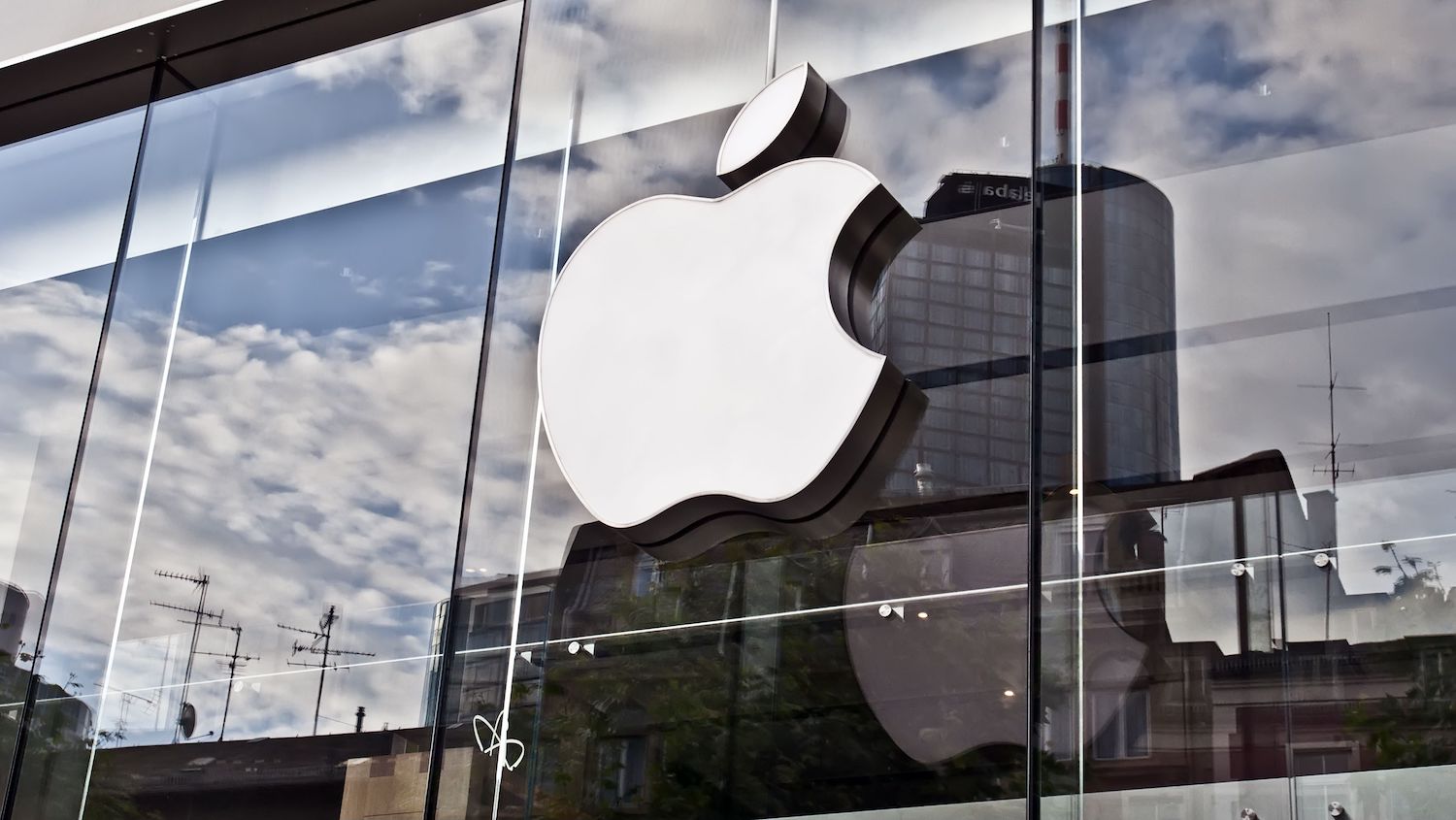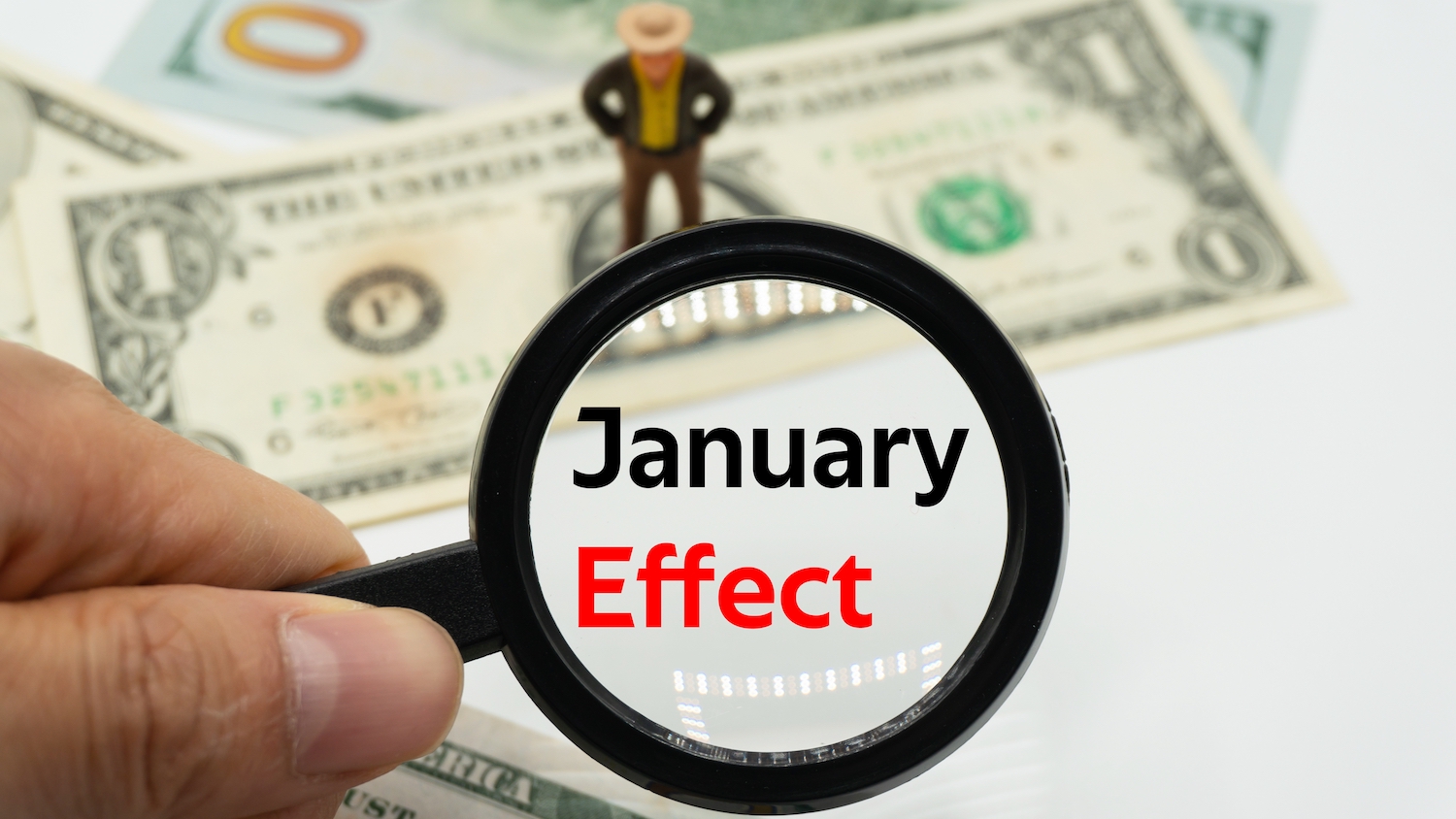Apple’s Planning a $110B Stock Buyback. Here’s Why.
Poole College finance professor Richard Warr breaks down the massive move.

Apple Inc., maker of iPhones and Mac computers, has just announced plans to spend a whopping $110 billion to buy back shares of its own stock from the investors who own them.
Richard Warr, Poole College finance professor and associate dean for faculty and research, explains why companies like Apple do buybacks and what they mean for investors.
First: Some background on buybacks (which are sometimes called repurchases). Think of them as the company going shopping for its own stock. They announce their plan, then start buying the shares, usually on the stock market at the current market price. But sometimes the company will offer a tender offer, or a fixed price they’re willing to pay. Or it might even negotiate directly with big shareholders.
After the buyback, the company has spent some of its cash, and there are fewer of its shares in the market available for investors to trade.
How does this buyback compare to Apple’s previous ones?
Apple isn’t new to large buybacks; the company did a $100 billion buyback in 2018 and continued through 2021-2023 with $90 billion each year. Apple seems to see buybacks as an effective way to distribute profits back to those who own their stock in addition to dividends which are regular payouts to shareholders.
By choosing big annual buybacks over larger dividends, Apple keeps things flexible—it’s like having an option open rather than committing to ongoing payments that don’t respond to how well the business does each year.
Why do companies buy back shares?
There are many reasons, and most of them are tied to delivering value to stakeholders. Here are the most common:
Investing extra cash
If a company has more money than it needs for things like developing new products or growing the business, it might use some of that money to buy back shares. That gives shareholders extra cash they can invest somewhere else if they want.
Buying undervalued stock
Sometimes a company thinks its shares are selling for less than they’re really worth. By buying back shares at these “discounted” prices, they believe they’re getting good value for money.
Restoring share value
Companies sometimes give their employees special options to buy shares as part of their pay package. When employees use these options, it can increase the total number of shares available, diluting everyone else’s slice of the pie. Buybacks can help balance this out.
Tweaking the debt-equity balance
Imagine balancing on a seesaw with debt on one side and shareholder equity on the other—companies want to keep this balanced just right. Buybacks can reduce shareholder equity, helping maintain that optimal balance between how much debt and equity financing the company has.
Do buybacks increase a company’s value?
When a company announces a buyback, its share price often goes up because people think the buyback is good news. Apple’s stock rose by about 6% after its announcement.
A popular explanation for this price increase is that when there are fewer shares around after a buyback, each share gets a bigger piece of the profit pie. Earnings per share go up. However, remember that the company also spent money to do this, so overall value doesn’t magically increase just because of the buyback—you don’t make a pizza bigger by cutting it into fewer slices!
Smart investors are most likely thinking the stock could be undervalued, and management is signaling its agreement. Those investors may also believe that the company seems confident in its future, or that management is making the right choice by distributing cash rather than just sitting on it.
- Categories:


